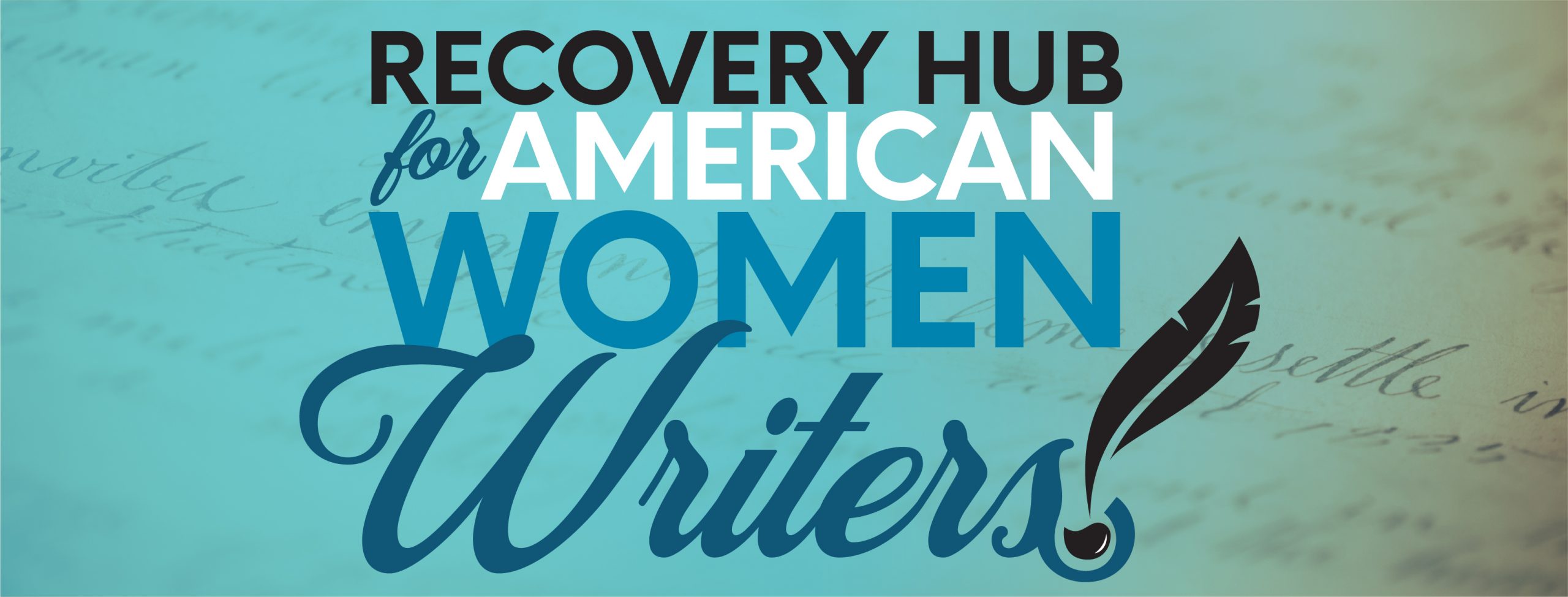The Recovery Hub for American Women Writers supports projects recovering the work of women writers by providing digital access to forgotten or neglected texts and/or extending them with network mapping, spatial analysis, multimedia storytelling, innovative contextualization, and the distant reading of massive datasets. The Recovery Hub explores the intersecting relationships between feminist practice, content, and technical specifications with an awareness of the ways that the design and implementation of technology can exclude and objectify people. Though there are notable exceptions, the digital humanities is not often geared in content or design toward addressing, attracting, or educating women or people of color. The Hub is a mechanism for pooled funding bids and offers hands-on consultation to navigate project management, quality control, sustainability, and peer review in order to increase the quantity and quality of recovery projects focused on American women writers. The Hub fosters collaboration, mentorship, and community-building among women working in the digital humanities while seeking feminist and decolonial approaches to the creation, curation, design, sharing, and archiving of digital content.
To support this mission equitably:
- We commit to cultivating a community that is inclusive in terms of who is involved in project creation as well as the content they represent. Practicing anti-racist models of restorative justice, we aim for at least 50% of peer reviewed projects to recover Black, Indigenous, Latinx, Asian, and LGBTQI+ stories, texts, experiences, and voices. When making our own technology and metadata decisions or consulting with other project directors, we will design and advocate for models that are inclusive of race, ethnicity, gender, sexuality, class, and ability.
- Our board, staff, evaluators, and consultants will also reflect the BIPOC/LGBTQI+ representation sought in projects recovered.
- We will use the Hub to broaden discussions about gender in relationship to transgender, intersex, and non-binary identities.
- Because women’s texts are often extra-literary and can include commonplace books, scrapbooks, cookbooks, prophecies, and other genres, The Hub will actively encourage projects and methods that expand traditional definitions of authorship and canonicity.
- We privilege free, open-access humanities resources, while acknowledging that humanities labor is valuable and that projects cost money to create and sustain.
- We value the contributions of all team members: educators, librarians, independent scholars, community content creators, students, technical and professional staff, and consultants. Credit and compensation policies will be determined with the professional and personal interests of project team members at the forefront.
- We are committed to developing projects that will be accessible to a wide audience by following web accessibility standards. All affiliated content will be usable through assistive technology and should be tested with the Web Accessibility Evaluation tool (https://wave.webaim.org/).
